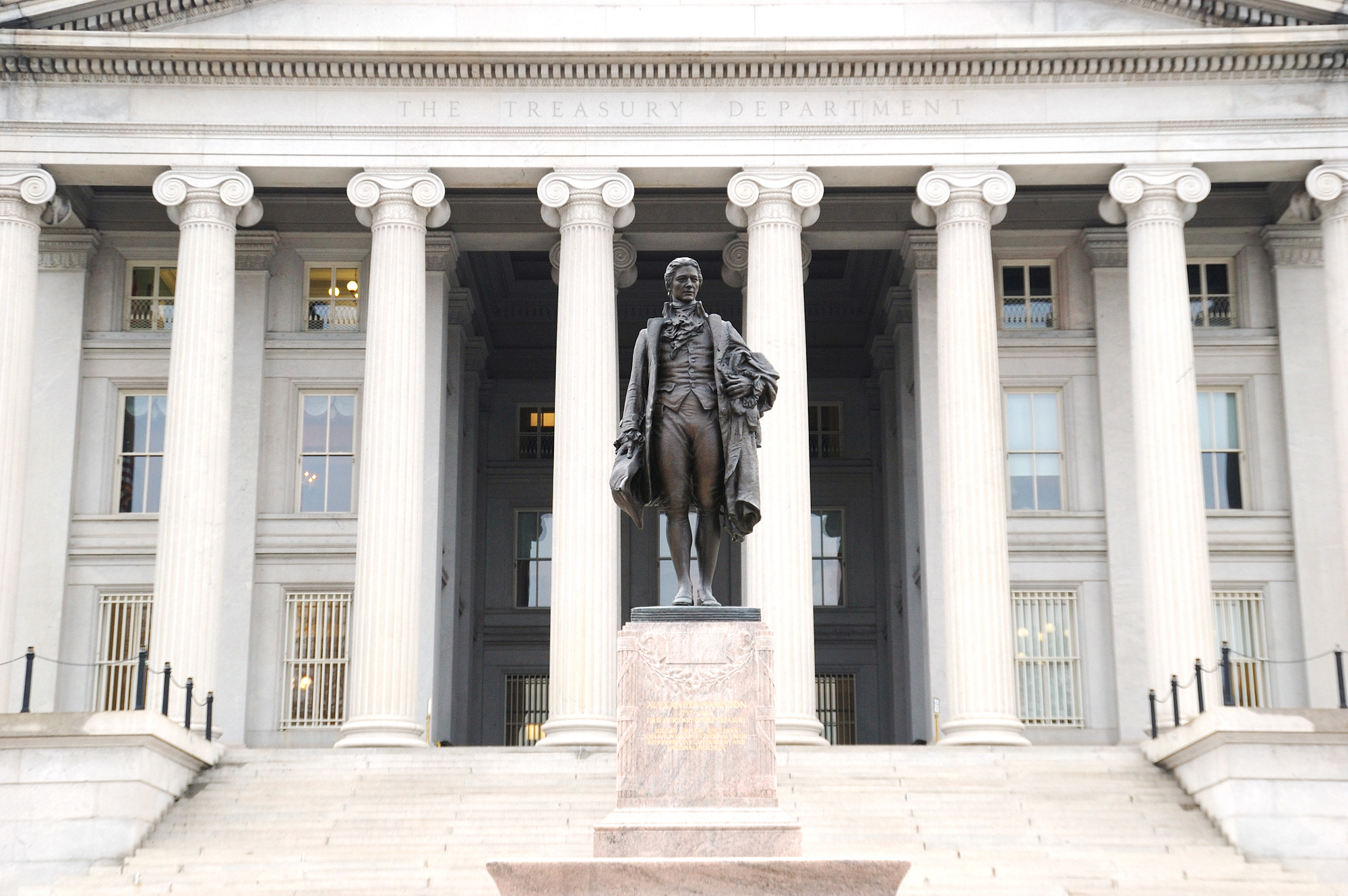President Joe Biden has made clear the United States does not intend to send troops to fight in Ukraine. Instead, Western nations are responding with economic sanctions intended to target Russian President Vladimir Putin and hundreds of individuals and state-controlled companies.
But look a bit closer, and the U.S.’ sanctions have a surprising number of holes. Under former President Donald Trump, the U.S. Treasury Department approved hundreds of “licenses” allowing some of the country’s biggest companies to do business with sanctioned companies and people that might otherwise be barred.
How big are those loopholes? The Treasury Department’s Office of Foreign Assets Control won’t say. The agency declined to answer questions about the licenses and is typically tightlipped about the matter, which can mean billions in oil revenue keeps flowing into corporate coffers — or dries up entirely.
But today we know a little bit more about who those companies are. The Investigative Reporting Workshop is releasing a file — obtained under the Freedom of Information Act— documenting 189 licenses approved between January of 2018 and May of 2020. We sought the full text of these licenses from the Treasury Department, but after waiting more than 22 months, we are posting the first “interim” response and Treasury’s cover letter. You can search the list here on The Accountability Project.
Goldman Sachs was issued a license on Aug. 24, 2018, to engage in transactions with an apparently sanctioned entity providing “Telecom/Satellite Services.” The financial giant declined to comment. Google was issued three licenses, including two for “exports” and one for “other services.” It took four years for two of these licenses to be approved. The file released doesn’t make clear where Google’s business partner is located or what technology is being exported. Google’s press office did not respond to emails.
There’s clear precedent for providing the full documents to the public. A Treasury Department website shows the complete listing of applications for licenses to do business with sanctioned North Korean entities. A listing of all companies with licenses to do business with sanctioned entities is available too — but it is dated 2008.
Today’s stance of keeping these licenses private until they’ve been formally requested makes little sense, said Cavan Kharrazian, a foreign policy campaigner at Demand Progress, a left-leaning nonprofit. Kharrazian also pointed out that sanctions can inadvertently limit the flow of humanitarian goods because companies see the burden of legal compliance as prohibitive.
“Where licenses are concerned, it’s crucial to have regular, public, and accessible updates on what sorts of OFAC licenses are being granted or denied to which entities,” Kharrazian said. “Given that sanctions are now one of the U.S.’s main foreign policy tools short of kinetic military action, it’s more important than ever that Congress has the information it needs to accurately assess and legislate on sanctions policies.”





